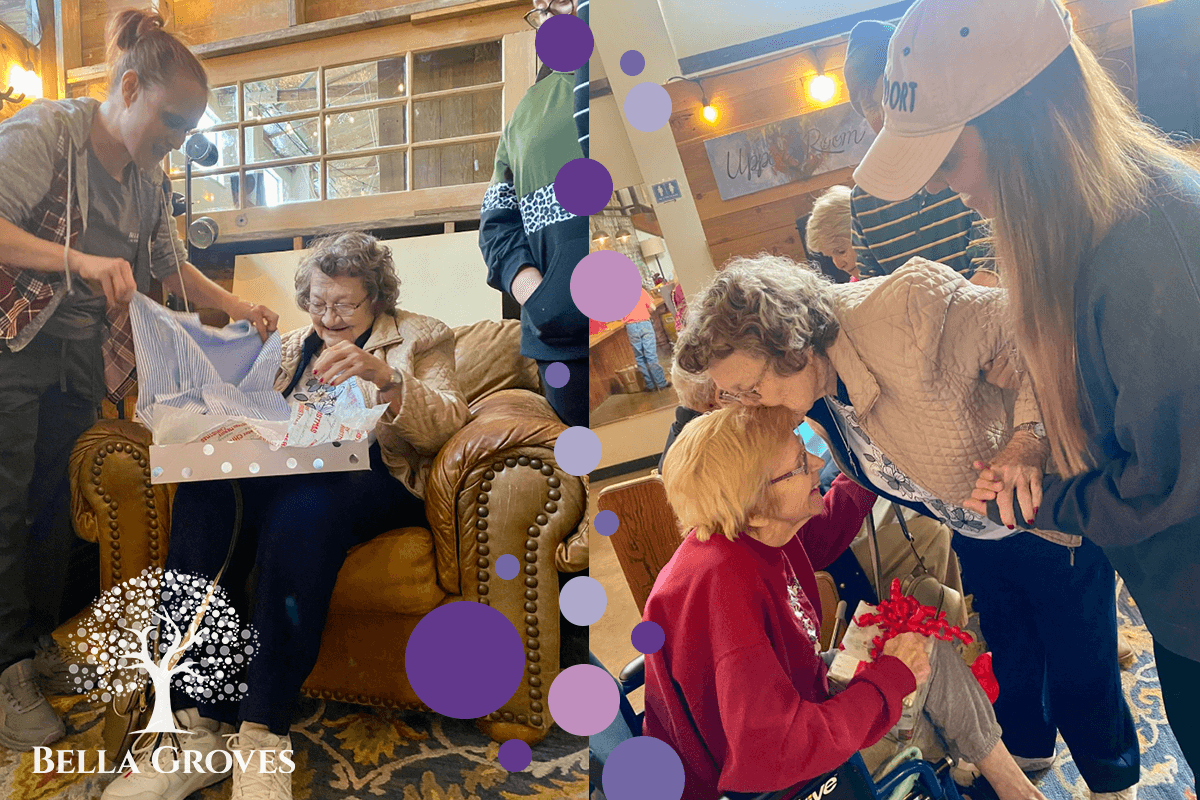
Do Seniors with Alzheimer’s Need a Neurologist?
Dementia is a condition that touches the lives of millions, and the impact it carries is immeasurable. Those who are navigating the complexities of dementia face a unique set of challenges—ones that often require expert guidance and care.
At Bella Groves, our dementia education resources aim to provide families and individuals with the information they need to navigate dementia with understanding, empowerment, and joy. We’re sharing the pivotal role of neurologists in the care of older adults with dementia, offering a guiding light in the tumultuous voyage of this degenerative disease.
Understanding Alzheimer’s Disease
Alzheimer’s accounts for around 60-80% of dementia cases. It’s known for its gradual onset and progressive decline in cognitive abilities. Other types, like vascular dementia, follow a more step-like deterioration pattern, often after a significant stroke that reduces blood flow to the brain. There are also rarer forms, such as Lewy body dementia and Frontotemporal dementia, each with their specific symptoms and areas of the brain affected.
Symptoms and Progression
The symptoms of dementia can vary widely, but they often include memory loss, difficulty in communication, impaired judgment, and changes in mood and behavior. The disease progresses over time, often leading to an increased need for support and care as daily tasks become more challenging for the individual.
The Role of a Neurologist
A neurologist is a medical doctor who specializes in the diagnosis and medical management of disorders of the brain and nervous system. When it comes to dementia, a neurologist plays a vital role in pinpointing the type of dementia through a variety of assessments, including cognitive tests, brain scans, and blood tests. Early diagnosis can be key to potentially managing symptoms and planning care effectively.
When to Consider Consulting a Neurologist
If an individual is experiencing memory problems or other symptoms associated with dementia, a primary care physician may be the first point of contact. However, if the symptoms become more severe or the physician is unsure of the diagnosis, it may be time to involve a neurologist. The neurologist can provide a deeper level of insight and expertise, focusing on the neurological aspect of dementia, which often demands more specialized care.
Care Partner Perspective
Challenges Faced by Care Partners
When a family member is diagnosed with dementia, care partners are thrust into a world of uncertainty and responsibility. It’s a complex role that can be emotionally and physically draining, as they become responsible for helping with the simplest tasks, such as eating, bathing, and dressing, while also managing the behavioral and cognitive changes that come with the progression of dementia.
Importance of Professional Guidance
Neurologists not only aid in diagnosis but also provide care partners with a roadmap for the future. They can outline potential treatment plans, offer insights into managing symptoms, and discuss the progression of the disease. Often, a neurologist will refer the family to other specialists or support services as part of a multidisciplinary approach to care.
Family Involvement
The decision to involve a neurologist can sometimes be a difficult one, particularly when an individual may already be seeing multiple healthcare providers. Families need to weigh the benefits of neurological expertise against the potential burden of additional appointments and treatments. In cases of early or uncertain diagnosis, the need for a neurologist’s specialized care is often clear.
A neurologist can be a beacon of expertise and knowledge in the care of older adults with dementia. Their role is not just in diagnosing the disease but in providing a holistic view of the situation, partnering with families and healthcare professionals to make the best possible decisions for the individual. The path of dementia is fraught with challenges, but with the right support and guidance, there can also be moments of joy, connection, and meaningful care.
Navigating the waters of dementia can be a taxing and emotional experience, but it’s not one that needs to be traveled alone. By leaning on the expertise of a neurologist, families can ensure that their loved ones receive the highest quality of care tailored to their needs. At Bella Groves, you can find solace in the fact that your loved one is not just a name in the system but an individual with unique stories and legacies that deserve to be cherished and honored, no matter the challenges they may face.
You are not in this alone, and there is always a hand you can hold along the way at Bella Groves. For more dementia education resources or to learn more about our residential dementia care community, we invite you to contact our team.


